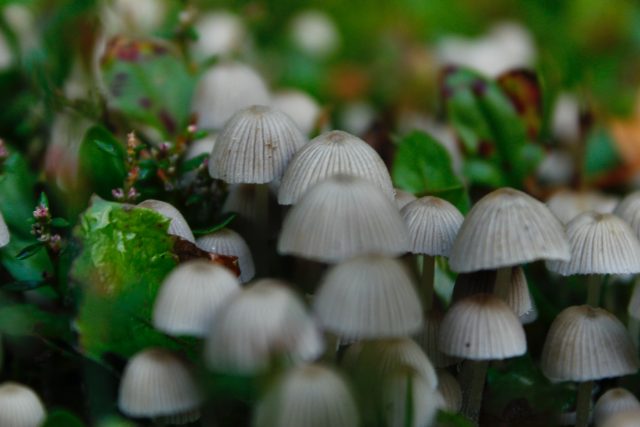History shows that this mushroom has been used by some religions for entering the highest levels of spirituality. This is why the research made further, does not indicate that psilocybin mushrooms are addictive. The people consuming these mushrooms do not feel the significant effects, so how can one fall for its compulsive and repetitive use?
This drug is not potent enough to follow the typical patterns a usual addictive drug would. People do not feel any effects other than some side effects, which prolongs for the next 48 hours of consumption. If anyone wants to enjoy its feeling associated with pleasure, they may use it consistently, but may not sense anything different as the body has significant tolerance already. Also, it is not effective after a high dose when used daily.
Reasons Psilocybin mushrooms are not addictive:

Psilocybin is not addictive, as many other drugs are. It does not even cause any harm and compulsive use. The effects are intense when experienced. As a matter of fact, people curb their frequency of psilocybin use for a major reason, i.e., the intensity of their experience, which is normally challenging with respect to mental and physical aspects of a body.
One more reason that does not make it a user’s choice for curing anxiety and other mental states is that the human body is able to tolerate psilocybin. In other words, the body has the potency to build some tolerance against psilocybin. This is why people have to have a higher dose within some days if the use is consistent and repeated. The effect is effective merely for four to five days of continuous use. It makes it extremely hard to feel any effect people usually want to sense or experience.
Moreover, due to the brain’s similar receptors associated with the effects, a cross-tolerance occurs. It happens between psilocybin and LSD. Having said that, I mean, if a person has consumed LSD once, during his usage of psilocybin, he will no more feel any effects after taking psilocybin. That means the effects are lower than expectations and cannot be used as a permanent solution. Instead, psilocybin is not a replacement for other addictive drugs. It is not at all addictive.
Psilocybin mushroom is also known as:
-
Shrooms
-
Magic Mushrooms
-
Hallucinogenic mushrooms
-
Psychedelic mushrooms
Whatever you call this mushroom, they lack the potential to help treat therapeutically. Further research by Drug Enforcement Administration (DEA) has considered mushrooms as a Schedule I substance, which possesses a higher risk as an abuse. There are no medical benefits found yet and is not appropriate for any medical use, even under doctor’s care.
Side Effects:
Regardless of its weakness in providing stable effects, it is associated with a number of side effects, which are given below:
To the brain:
-
Distorted/ increased sensory perception
-
Altered perceptions of space and time
-
Hard to distinguish reality and fantasy
-
Enhanced feelings of harmony and spirituality with the universe
-
Hallucinations – affects touch, sight, or sound.
-
Impaired judgment
-
Difficulty in concentrating, thinking, or focusing
-
Synesthesia – confusing the senses like seeing sounds and hearing colors
To the body:
-
Tiredness
-
Watery eyes
-
Dilated pupils
-
Restlessness
-
Dry mouth
-
Dizziness
-
Nausea/ vomiting
-
Stomach cramps/ diarrhea
-
Raised body temperature, blood pressure, and heart rate
-
Loss of coordination


